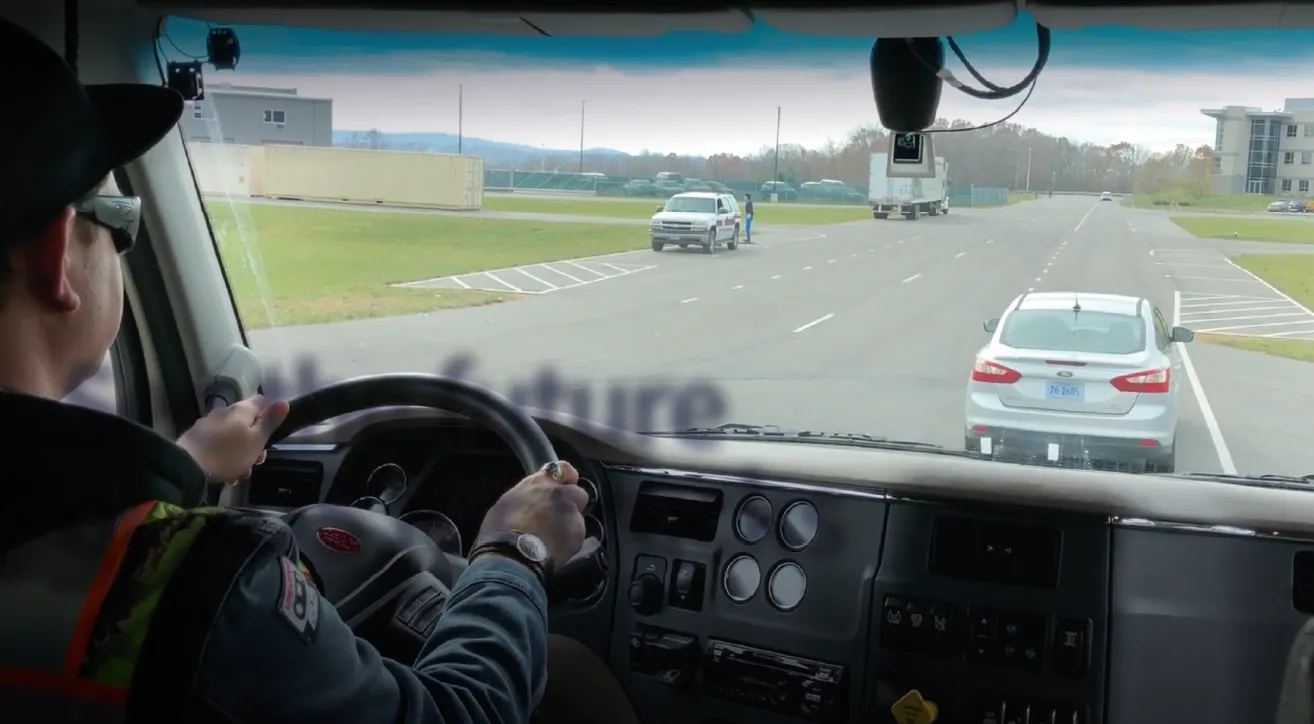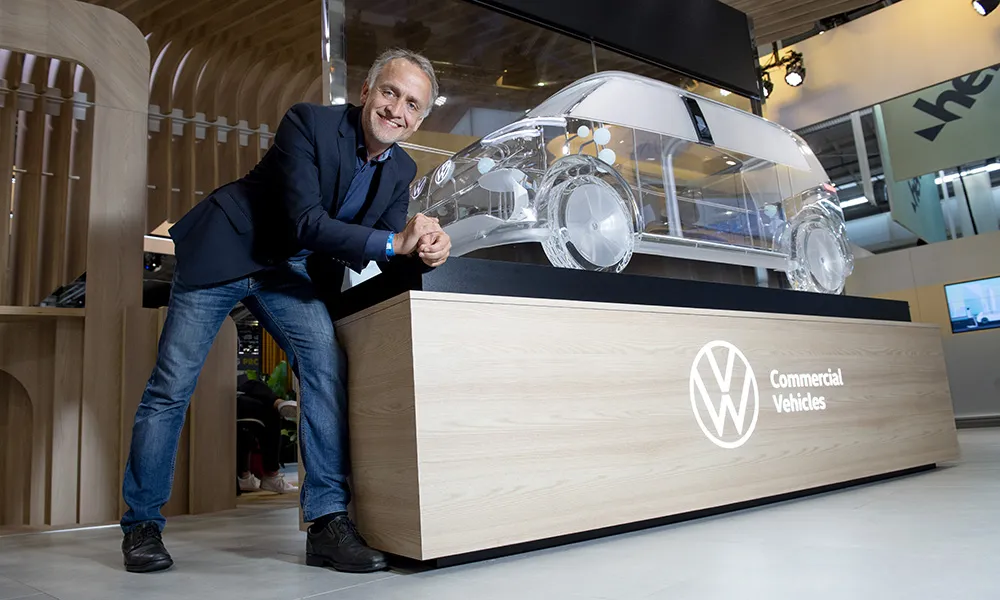The UK government has selected the Flourish consortium as a winner of its multi-million pound research grant to fuel development in user-centric autonomous vehicle technology and connected transport systems. The new programme, co-funded by the UK’s innovation agency, Innovate UK, will focus on the core themes of connectivity, autonomy and customer interaction.
The three-year project, led by Atkins and worth US$8 million, seeks to develop products and services that maximise the benefits of connected and
February 5, 2016
Read time: 3 mins
The UK government has selected the Flourish consortium as a winner of its multi-million pound research grant to fuel development in user-centric autonomous vehicle technology and connected transport systems. The new programme, co-funded by the UK’s innovation agency, Innovate UK, will focus on the core themes of connectivity, autonomy and customer interaction.
The three-year project, led by1677 Atkins and worth US$8 million, seeks to develop products and services that maximise the benefits of connected and autonomous vehicles (CAVs) for users and transport authorities.
Flourish will address vulnerabilities in the technology powering CAVs, with a focus on the critical areas of cyber security and wireless communications. The consortium will aim to develop tools that enable vehicle manufacturers and transport authorities to create a safe and secure CAV network.
The project will bring together industry and academic experts in the field of autonomous and connected systems, cyber security, data innovation and social research, and will further advance the South West region as an independent centre for the development and testing of CAVs.
Lead partner Atkins will provide project management, transport modelling and intelligent mobility expertise. Other consortium members include Airbus Group Innovations, TSS16 Aimsun, Bristol City Council and South Gloucestershire County Council, 7800 Transport Systems Catapult, the University of Bristol and the University of the West of England, among others.
Airbus Group Innovations will provide expertise in the technology areas of model-based system engineering, cyber security, human-machine interfaces, human state monitoring and data fusion, while Bristol City Council and South Gloucestershire County Council will provide on-road trials support and drive local community engagement.
TSS Aimsun will assemble a simulation test environment using its traffic modelling software that can be used for the assessment of different automated vehicle implementation scenarios from motorway to urban use.
Transport Systems Catapult will develop human-machine interfaces and provide support for simulated and real world testing.
Roland Meister, head of transport for Innovate UK said: “We’re excited by the Flourish consortium’s project and in particular, its focus on addressing cyber security vulnerabilities and the implications of connected and autonomous vehicle technology for an ageing population. This particular funding programme builds on previous government R&D investment into driverless cars and is a key part of a strategy to ensure that UK-based companies establish market-leading solutions, helping to build a strong supply chain for connected and autonomous vehicle technology and increase UK economic growth.”
Flourish, a multi-sector collaboration, is one of eight consortia that will help to advance the successful implementation of CAVs in the UK, by developing services and capabilities that link user needs and system requirements.
The three-year project, led by
Flourish will address vulnerabilities in the technology powering CAVs, with a focus on the critical areas of cyber security and wireless communications. The consortium will aim to develop tools that enable vehicle manufacturers and transport authorities to create a safe and secure CAV network.
The project will bring together industry and academic experts in the field of autonomous and connected systems, cyber security, data innovation and social research, and will further advance the South West region as an independent centre for the development and testing of CAVs.
Lead partner Atkins will provide project management, transport modelling and intelligent mobility expertise. Other consortium members include Airbus Group Innovations, TSS
Airbus Group Innovations will provide expertise in the technology areas of model-based system engineering, cyber security, human-machine interfaces, human state monitoring and data fusion, while Bristol City Council and South Gloucestershire County Council will provide on-road trials support and drive local community engagement.
TSS Aimsun will assemble a simulation test environment using its traffic modelling software that can be used for the assessment of different automated vehicle implementation scenarios from motorway to urban use.
Transport Systems Catapult will develop human-machine interfaces and provide support for simulated and real world testing.
Roland Meister, head of transport for Innovate UK said: “We’re excited by the Flourish consortium’s project and in particular, its focus on addressing cyber security vulnerabilities and the implications of connected and autonomous vehicle technology for an ageing population. This particular funding programme builds on previous government R&D investment into driverless cars and is a key part of a strategy to ensure that UK-based companies establish market-leading solutions, helping to build a strong supply chain for connected and autonomous vehicle technology and increase UK economic growth.”
Flourish, a multi-sector collaboration, is one of eight consortia that will help to advance the successful implementation of CAVs in the UK, by developing services and capabilities that link user needs and system requirements.










